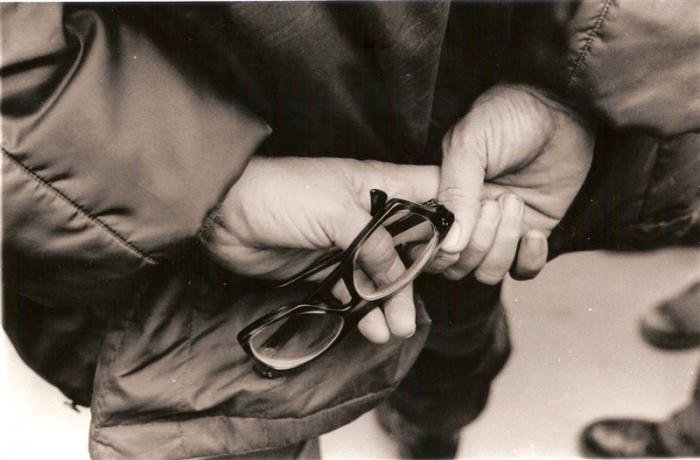
In 1985, a foreign journalist asked Fidel: "What would you like your legacy to be? How would you like your achievements over the years to be interpreted?"
As part of his succinct response, in which he made it clear that his permanence in power was directly related to his duties as a revolutionary and that he was not indispensable, he stated: "I have no doubt that (...) the people's opinion and recognition of the role and effort I have made in the Revolution will be very high, without this in any way implying that it has been perfect and free of errors, far from it; but I am sure of the high opinion that will remain of my services, absolutely sure, I have not the slightest doubt about that."
He was not mistaken. The clear channel of communication he established with the people, through his pedagogical oratory, his extreme dedication to the cause, and his demands first on himself and then on others, were the basis of a genuine affection, marked by admiration and closeness.
That is why the people did not feel the need to address him by his surname, why even the humblest of the inhabitants dared to address him informally; and that is why Fidel became then, and to a large extent still is, the paradigm of a leader, sometimes tinged with legend: the one who could solve everything, and who embodies the qualities of Cuban identity that those born here pride themselves on: ingenuity, rebelliousness, courage.
However, Fidel, now part of the nation's symbolic heritage, must be much more than an emotional trigger; he himself knew this. That is why he urged us not to focus on the bust or the street name, but on the study of his thinking and the essential enrichment and continuation of his ideology.
He who was always doing did not want to be reduced to a cold and immovable historical lesson. He can speak to us today about the construction of unity as a never-ending process, about establishing consensus through continuous explanation, about saving culture first and foremost, and about having faith in the island, which is to have faith in its men and women, because there is no greater setback than discouragement.
Today marks the beginning of the celebration of the Commander-in-Chief's 100th birthday. As in 1953, when a group of Cubans found in José Martí the answers to their concerns and a shining example of decorum, and decided not to let the Apostle die on his centenary, this celebration should be an opportunity for a rigorous study of Fidel's work, which was also a virtuously honored commitment to the comrades of that generation, neither forgotten nor dead.
Now, we can be the generation of Fidel's centennial, and that does not imply appealing to genius—which he undeniably had—but rather to strategic thinking, to a high national self-concept, to work, to a certain stubbornness, and to a fruitful idealism, the kind that founds epics and sustains them.
Those who knew him well say that it was not that Fidel did not like to lose, but that he fought until he did not, he persevered until he won; because challenges made him grow.
Let us enter history with him, and let history, necessarily, open its gates wider for us.















